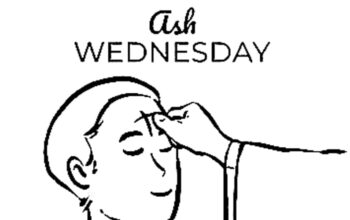
THE clear lesson we can learn from the parable about the wheat and the weeds (cfr. Mt 13,24-43) is that we should just have hope amid all the trials and challenges in our earthly life, since God will take care of everything. We should avoid overreaching our capacity to resolve all our problems here in life, since most likely we would end up doing more harm than good in the process.
Hope is never naivete, but is a certainty that is based on the belief that God never loses battles, since he is the Lord of history, assuring us that he will be with us, guiding us till the end of time. (cfr. Mt 28,20).
If we have a strong faith in God, we know that he will do things whenever he wants, sooner, more and better, and even in spite of us. We should not allow the suspense and the mysteries of our life to bother us too much. Thus, part of the signs of hope is to have a sporting spirit in our life.
With hope, we can see things better and would be more encouraged to undertake ambitious projects of human redemption in the very heart of our daily affairs. We would have clear vision of the real and ultimate purpose of our life, and the means and the path to take to reach that goal, whatever may be the circumstances at a given moment.
This virtue of hope also lets us see the past, the present and the future through the eyes of God. It will always fill us with joy and peace, with a deep sense of confidence, knowing that whatever the drama we may encounter in life, God will always have the last word, and that word can only mean victory.
While it’s true that we are completely responsible for our life, we should not forget that life has more things to give us than what we can handle. Hope gives us that impetus to let things be and let go of certain things, abandoning ourselves in the hands of God who is in control of everything, just like Christ abandoned himself to the will of his Father and submitted himself to his own death on the cross. (Fr. Roy Cimagala)



